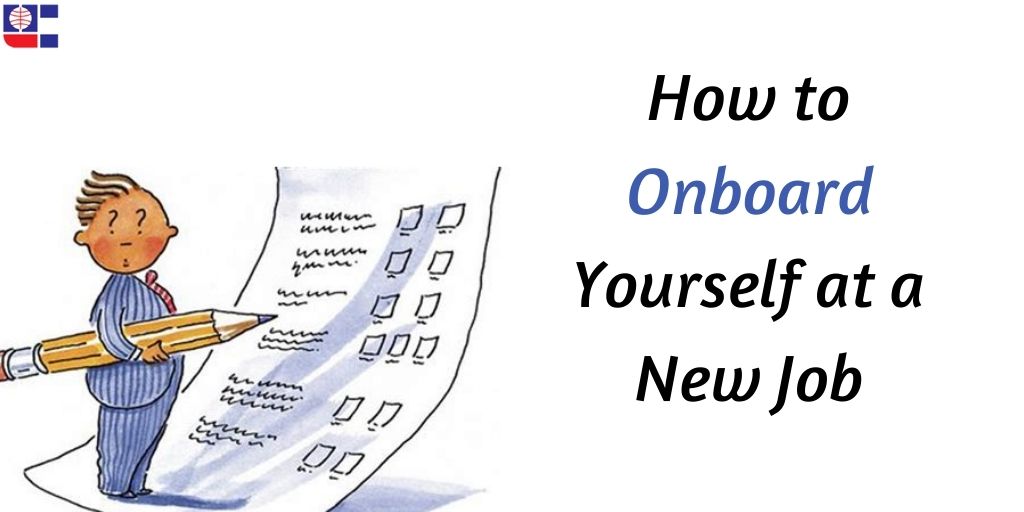
The pandemic has given rise to occasions where one often finds oneself shuffling between work-from-home and being in office. Such ‘hybrid’ working conditions have given rise to many challenges, one of them being the onboarding process. New recruits might often find themselves on their own to a great extent when it comes to getting oneself familiarised with their new job and the expectations, roles that come with it. Remotely hired recruits might often find themselves feeling unfamiliar with the day-to-day company culture. Essentially, new recruits will end up onboarding themselves.
The Normal Situation:
According to a Unito blogpost, onboarding, generally, is a fairly long-term process which involves the new recruit being familiarised on an organisational, technical and social level. At an organisational level, the new employee gets to know how things work, the company culture, mission and processes. At a technical level, job expectations, goals, definitions of success are explained. At a social level, the employee undergoes a process of getting to know the company community, forge interpersonal connections and building trust.
Unlike an orientation, which is of a very short time-frame, usually a few hours or days, the onboarding process may go on for around a year, and it could start as early as the final interview.
It is true that even in the pre-pandemic situation, the responsibility to assimilate with their new workplace would be as much on the new recruit as much as the company. But now more than ever, one could find oneself bearing the greater share of this responsibility.
Fortunately, there are some tips which can go a long way if you find yourself in a situation where you have to do the onboarding yourself, entirely or to a great extent.
Some organisations don’t have a full-fledged, formally chalked out onboarding process. So, whether you are working remotely or not, it is always a good idea to have some tips handy in order to make the best of the new workplace and assimilate yourself in the new company to optimise your potential.
Onboarding on Your Own:
Drawing on from the three major aspects of onboarding mentioned earlier, there are also three major frameworks of technical, cultural and political learning you can keep in mind when it comes to beginning to onboard yourself at your new company as mentioned in this Blueprintgreen blogpost.
The key lies in knowing which questions to seek answers for. You may ask these questions when their need to be answered arrives to the relevant person, or you may keep this as a mental checklist of sorts, to make sure you are making an effort to ‘get to know’ the company.
- The Basic Expectations: Gain insight into the fundamentals of the organisation like the clients, audience, technologies used and the everyday functions. Aim at getting an answer to questions like: Who all do I report to for various projects? How am I expected to divide my time? What systems and programs do I need access to do my work, do I have the access and knowledge for it, and who do I consult if I want to know more? What targets am I working toward and how do I know if I am doing a good job, whom should I ask? These include the technical learning aspect.
These might look like basic questions, but any kind of learning begins with asking the right questions at this basic level, and isn’t onboarding essentially a step toward learning more about your new company?
- The Culture: Each organisation has a certain way of functioning and interacting expected out of its employees. Normal working conditions would give the new recruit an opportunity to observe people first hand, but similar opportunities lack in remote working or within those staggered office hours. And this is where asking yourself questions that follow can help you in gauging the overall attitude and character of the company, and thus manage your interactions accordingly: How does my manager want me to communicate my progress with them? How do colleagues interact with each other? Are we expected to make group or autonomous decisions? How is feedback communicated? How are new ideas received? This is the cultural aspect.
- The Interactions and Mode of Conduct: Organisations have a certain set of structures of hierarchy and decision-making. It is necessary to know dynamics of positional and personal power. Asking questions such as these would help you approach the right individuals or departments for the right task: Who does my work involve directly and indirectly? What does it take to earn the trust of management? How are new ideas driven forward? What approach does one take if one wants to change someone’s mind? What opportunities exist to take on new responsibilities? What are the best ways to communicate with team members and stakeholders, and in what ways do they vary person-to-person? These questions will essentially help one gauge the subtle codes of conduct and interaction within fellow employees.
Starting to work in a new company can feel a little overwhelming at first, especially if you have been hired remotely or you have limited face time with your new colleagues. To add to it, limited, or no onboarding process from the company’s side can make you feel alienated and isolated even if you love your new job. These questions will provide a starting point in getting to know your new company on the various levels, and thus tailor your tasks and interactions accordingly. The important thing is to give yourself the time to acquaint yourself with the new work environment, real or virtual and keep the learning curve rising, that too at multiple levels.

